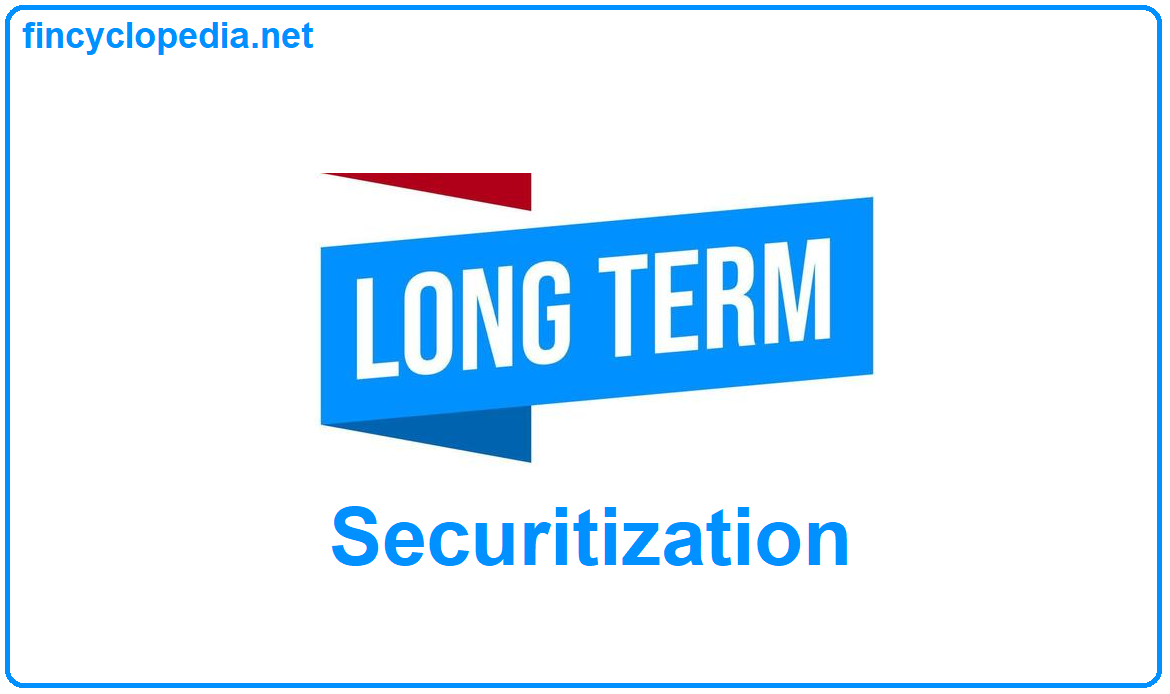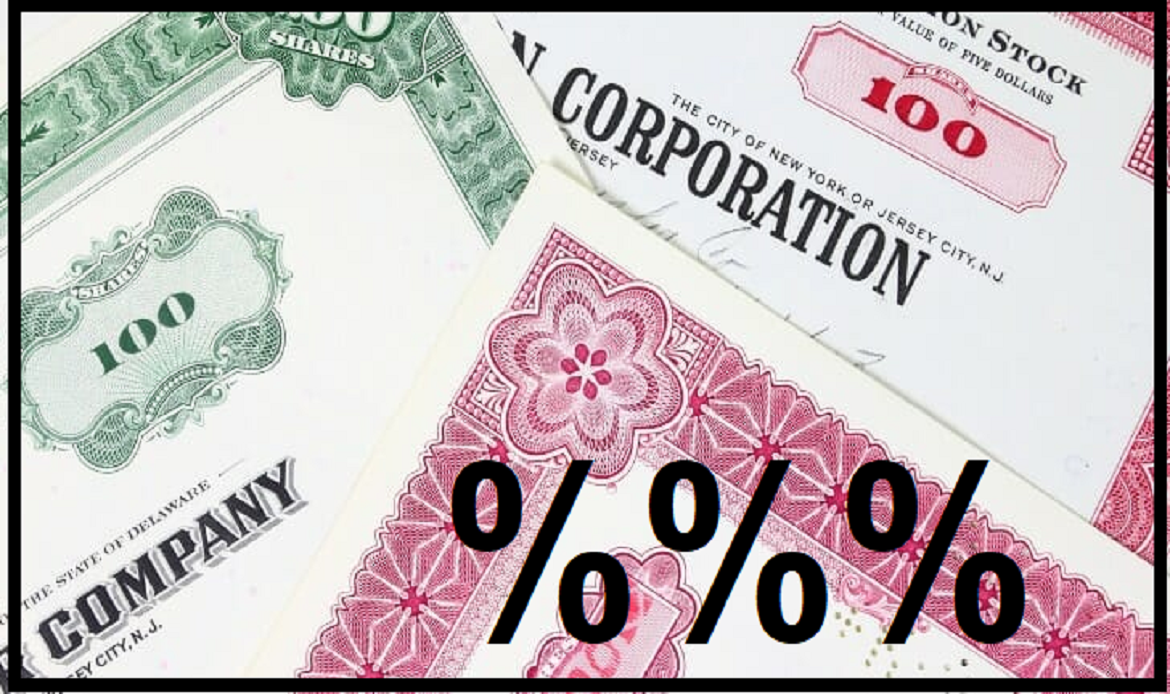It is an acronym for London Interbank Offered Rate. It is an interbank rate which is used as a benchmark or reference rate for short-term interest rates. At LIBOR, banks borrow funds from other banks, in marketable size, in the London interbank market. This rate implies the banks’ perception of their cost of funds in the interbank market. The “funds” are defined as unsecured interbank cash or cash raised through primary issuance of interbank certificates of deposit (CDs). Principally, most creditworthy international banks transacting in the Eurodollar market use LIBOR to charge each other for large loans. The LIBOR rate is also the base for other large Eurodollar loans offered to less creditworthy corporate and government borrowers.
It is calculated every business day in ten currencies and for fifteen maturities (e.g. one day or overnight, two months, six months, one year, etc). LIBOR is based on the rates at which banks have been lending to other banks. Many financial institutions and lenders (mortgage lenders, credit card companies, etc) base on this rate their own interest rates, by adding a particular number of basis points thereto.
LIBOR is the most widely used benchmark rate for banking, finance, and investment around the world. Typically, it is used as a reference rate for a wide array of financial instruments including consumer loans, business loans, interest rate swaps, floating rate notes, variable rate mortgages, syndicated loans, forward rate agreements, short-term interest-rate futures, inflation swaps, etc. Furthermore, LIBOR is used as a rate of reference for currencies such as pound sterling, US dollar, euro, Swiss franc, New Zealand dollar, Canadian dollar, Australian dollar, Swedish krona, and Danish krone.
By 2021-end, LIBOR will cease to exist in the market as a reference rate. At the time regulators decided to retire it, LIBOR was the benchmark rate for over US$350 trillion in financial contracts worldwide. During the transitional period, the market has developed alternatives which are mainly risk-free reference rates (RFRs) and will replace the LIBOR going forward. The two principal RFRs are the Secured Overnight Financing Rate (SOFR) (for US dollars) and Sterling Overnight Index Average (SONIA)(for sterling).







